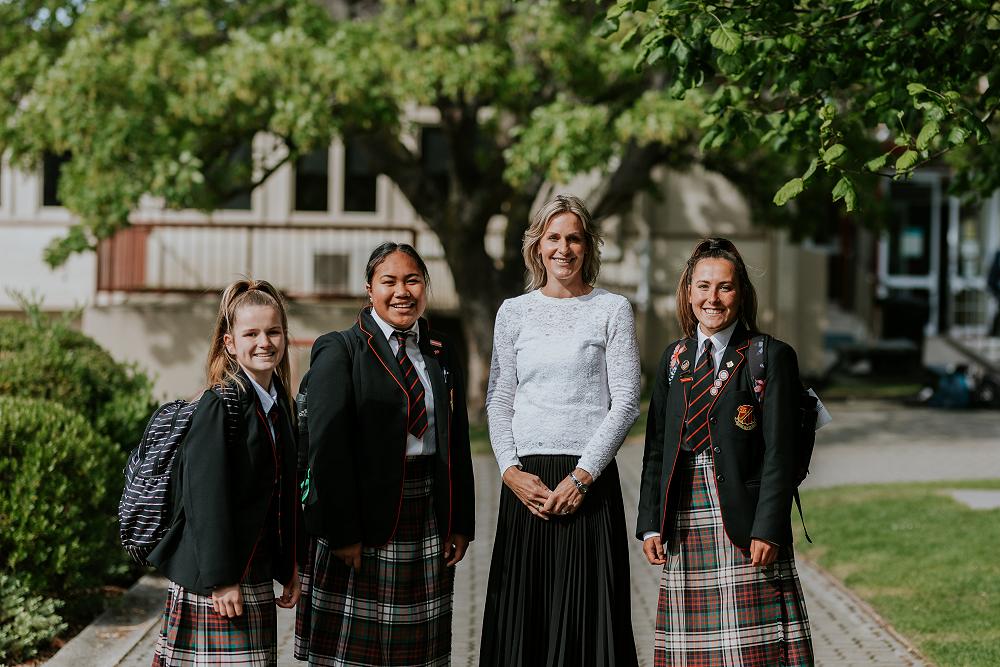
Principal's Address
Tēnā koutou, Malo e lelei, Tālofa lava, Bula vinaka, Good afternoon.
Recently, I shared with students the story of a philosophy professor who was giving a lecture. In front of him, he had a large glass jar which he began filling with rocks. When they reached the rim of the jar he held it up to the students. “Is it full?” he asked. The students nodded and replied yes, it was full. The professor proceeded to pick up a bag of pebbles and poured these into the jar. He shook the jar so that the pebbles filled the space around the rocks. “Is the jar full?” he asked. The group of students all looked at each other and agreed that the jar was now completely full. The professor then picked up a bag of sand. He poured the sand into the jar, filling the small spaces between the pebbles and the rocks. Once again he held up the jar to his class. “Are you sure it’s full now?” he asked. This time the students were resounding in their yes, there was definitely no more room in the jar. That is, until they saw the professor pick up a bottle of water and tip the water into the jar until it soaked up all the remaining space in the sand.
The Professor went on to explain that the jar is a metaphor, representing everything that is important in each of our lives. The rocks represent the most important things that have real value – such as health, family, education. The pebbles represent the things that matter, but that we could live without, like our hobbies. They give our lives substance but they are not critical for us to have a meaningful life. The sand and water represents everything else – the small stuff. Material possessions, chores and fillers such as watching Netflix or scrolling social media. Despite what we might think, these things are not permanent or essential to our overall well-being. The lesson here is that if we start by filling our jar with sand and water, we won’t have room for rocks or pebbles. If we spend all of our time on the small and insignificant things, we will run out of room for the things that are actually important.
As we begin Term 3, it is timely to think about what’s in our jar, to prioritise what is really important and set aside the time needed to work on these. For our students, this needs to include prioritising learning opportunities so that personal excellence is attainable. Parents have a part to play in this also and one way is by attending next week's parent-teacher interviews. This not only role models that you value education, but it provides an opportunity for home and school to connect so that a collaborative approach (which is proven to be the most effective for student outcomes) can be applied to support our young women to reach their academic goals. Inevitably, as we inch closer to the year end, students will need to sacrifice some of the sand and water in their jars to ensure that they reach their potential. Thus, it is always worth remembering that success is no accident. It is hard work, perseverance, learning and sacrifice, but the results, not to mention the sense of satisfaction they will gain from doing so, will make it all worthwhile. Or as we have been saying here at Waitaki Girls’ for over 130 years now, Dulcius ex Arduis.
Elizabeth Koni
